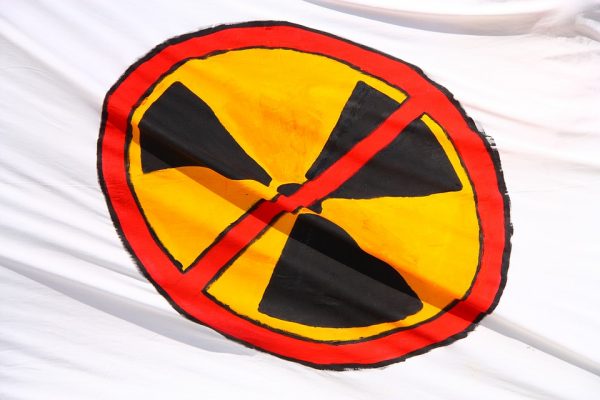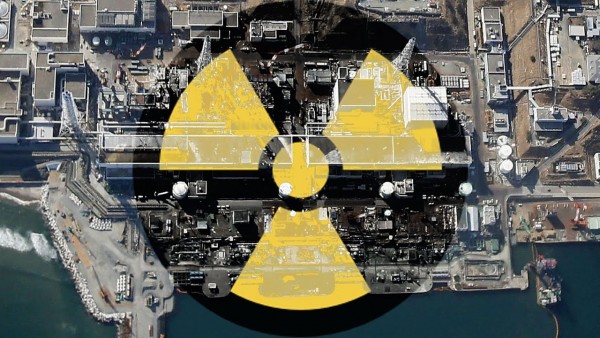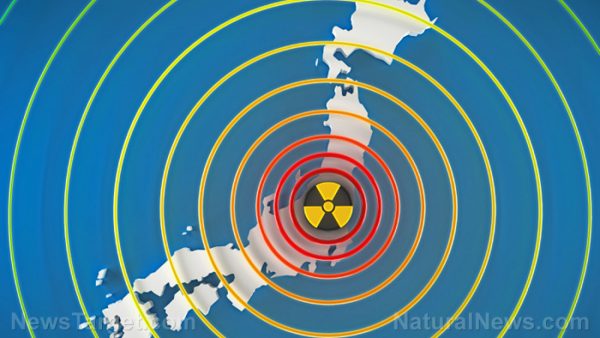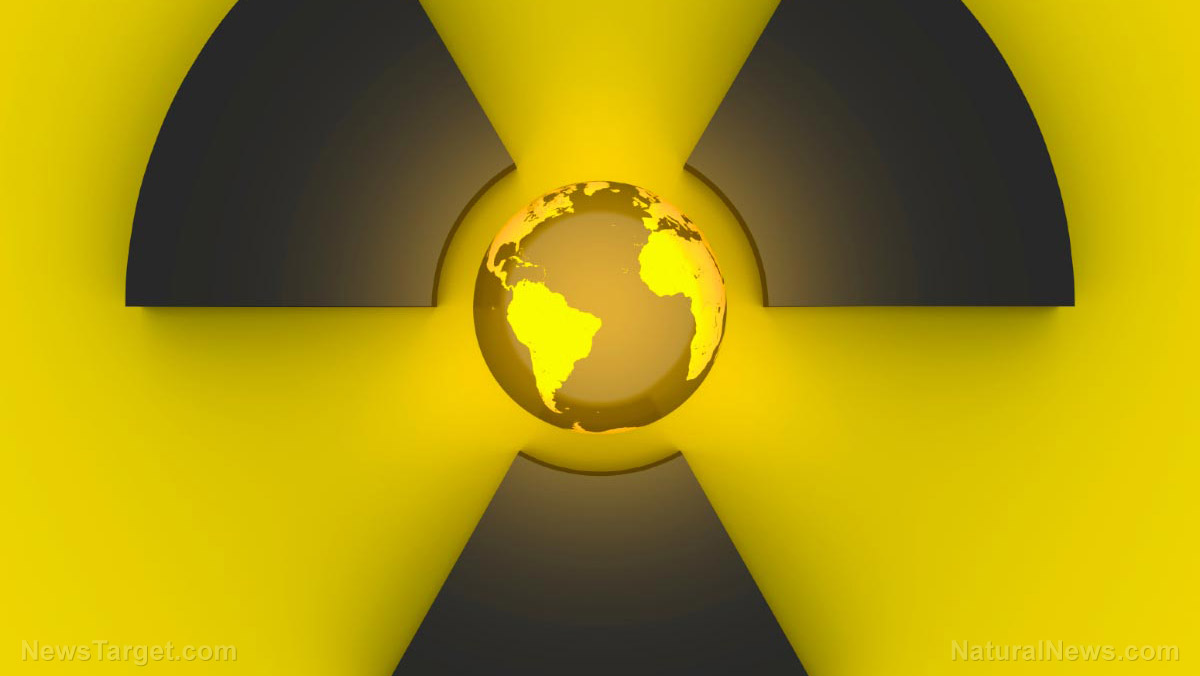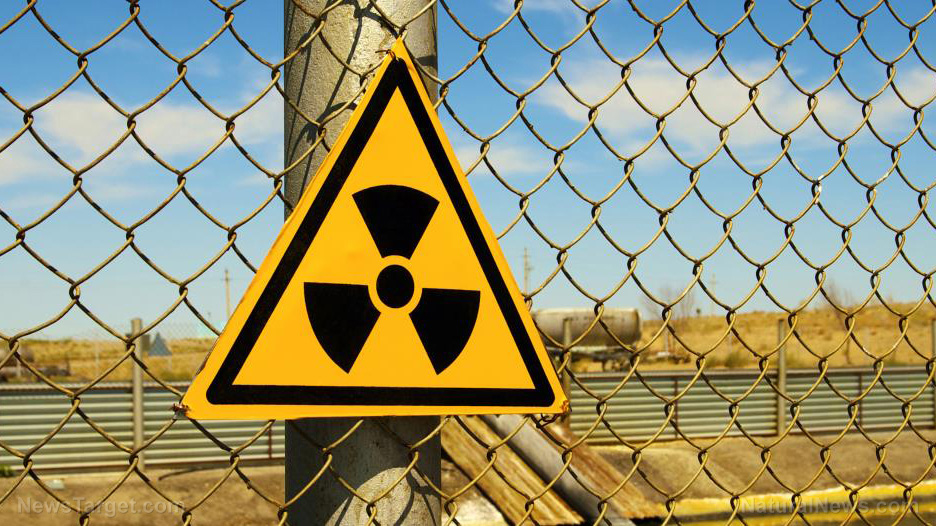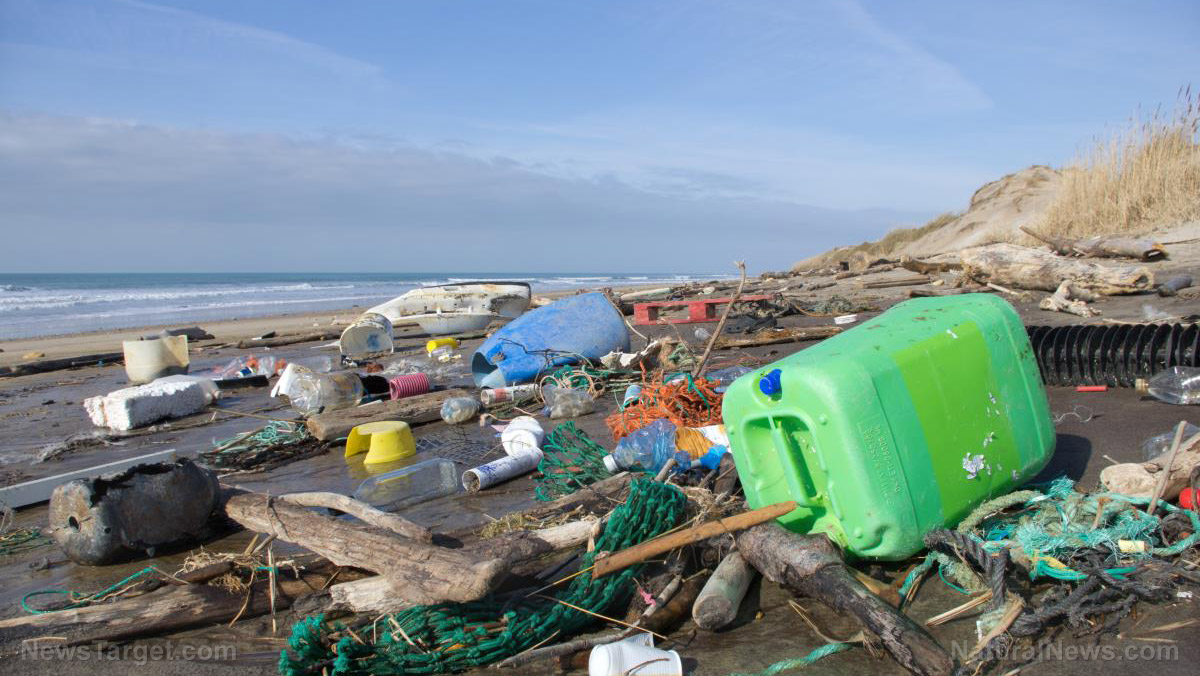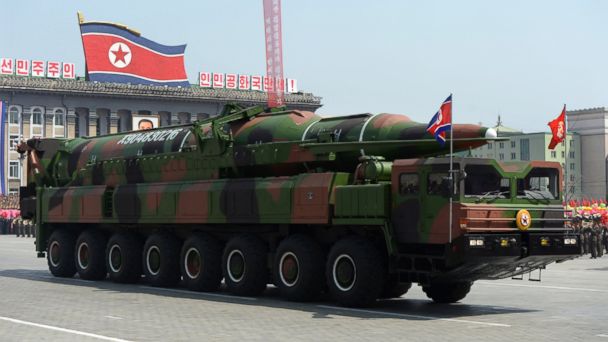Fukushima cleanup talks put Tepco’s survival risk in focus
10/11/2016 / By fukushima

Tokyo Electric Power Company (Tepco) is still struggling to put the Fukushima nuclear disaster behind it, admitting this week that paying for decommissioning the plant in one go risks leaving it insolvent.
Article by Gulf Times
The cost to insure debt in Japan’s biggest utility climbed to a seven-month high of 89 basis points on October 5 after President Naomi Hirose said after a meeting in Tokyo with a government commission that the company is asking for help in avoiding financial ruin. Tepco has already received state aid for compensation and decontamination.
The March 2011 nuclear accident and its fallout will ultimately cost more than ¥11tn ($106bn), according to a study by academics including Kenichi Oshima, a professor of economics at Ritsumeikan University. Tepco has estimated that decommissioning alone will cost about ¥2tn. Investors should hold off buying bonds of other utilities until there is more clarity on how the government will close the Fukushima plant, according to BNP Paribas SA.
“Now is not the best time to be investing in electricity utility bonds, with discussions going on about nuclear plant decommissioning, and the potential for spreads to widen,” said Mana Nakazora, chief credit analyst at BNP Paribas in Tokyo. Even so, she added, “the government has little choice but to take measures to avoid a default by Tokyo Electric.”
While Prime Minister Shinzo Abe’s government has committed to provide up to ¥9tn for compensation to individuals and business hurt by the Fukushima disaster and for decontaminating areas affected, that figure doesn’t include decommissioning of the nuclear plant itself, according to a report by Moody’s Investors Service last month.
Scrapping the Fukushima reactors may take 30 years to 40 years, and Tokyo Electric will only start removing debris from the plant from in 2021, a decade after the incident, according to the utility’s road map for dealing with the remnants of the disaster.
In speaking to reporters, Tepco President Hirose was probably making a public case for more government support, according to Yutaka Ban, the chief credit analyst at SMBC Nikko Securities in Tokyo. Ban said he saw little probability that support will be withheld.
“Things will likely settle down” after the government adopts the new measures, said Ban. “Without government support, the costs would be extremely high.”
Tepco’s credit-default swaps have come down from as high as 1,762 basis points in October 2011, according to data provider CMA.
The utility has said it plans to return to the bond market by the end of the fiscal year to March 2017. Jun Oshima, a spokesman for Tokyo Electric, said that plan is still in place. It stopped issuing notes after the Fukushima disaster.
The extra yield on Tepco’s 1.155% bonds due in 2020 was 64 basis points more than sovereign debt, the lowest since before the Fukushima disaster, according to Bloomberg-compiled prices.
The spread on Osaka-based Kansai Electric Power Co’s 0.976% notes due in 2020 was 39 basis points.
Tokyo Electric has a Ba3 rating from Moody’s and BB- score from S&P Global Ratings, both three levels below investment grade.
“Decommissioning is currently the biggest unknown, and clarity matters in terms of credit,” said Mariko Semetko, a Moody’s analyst in Tokyo. “The lack of clarity there has been holding back the credit quality.”
Read more at: gulf-times.com

